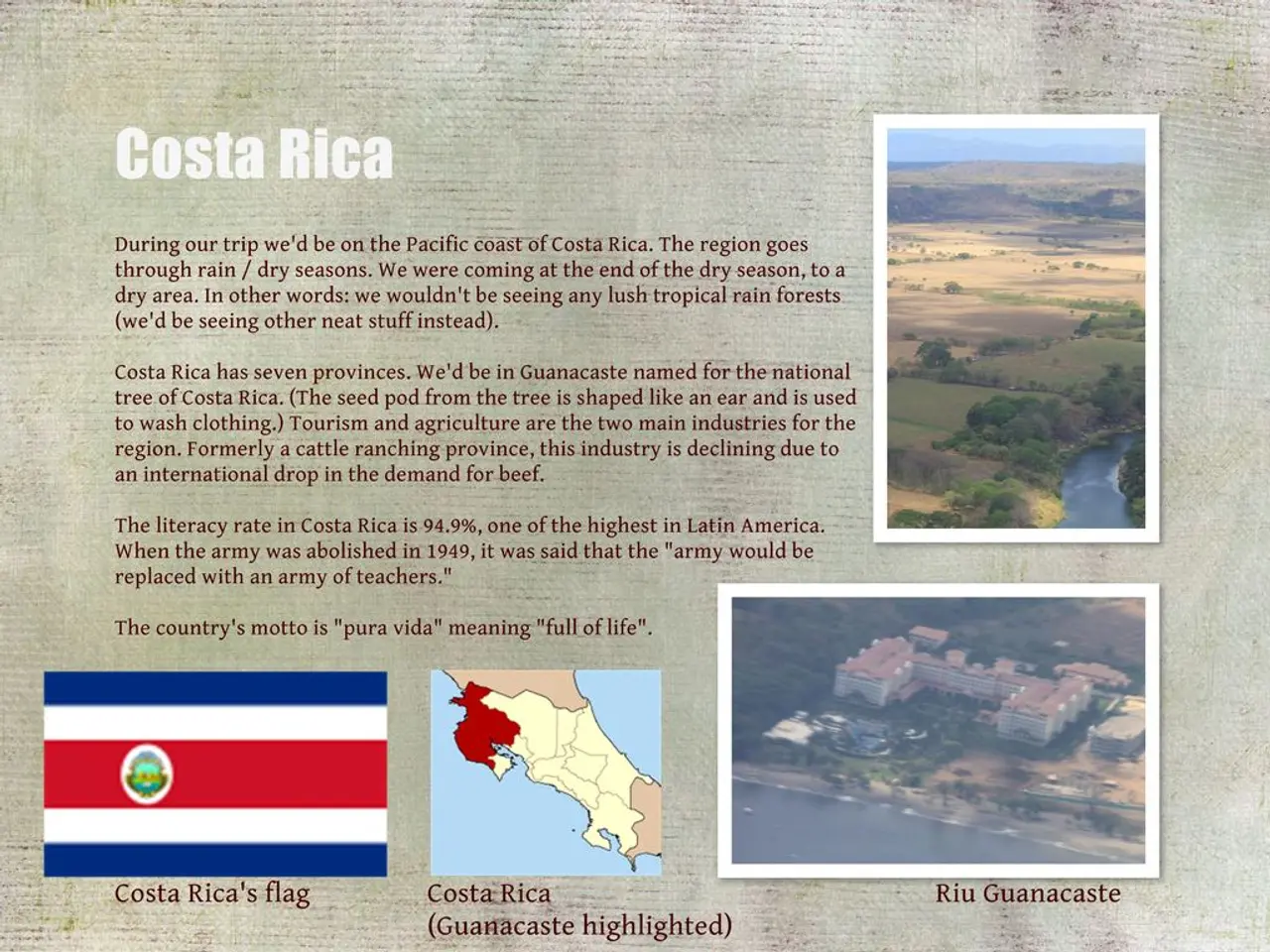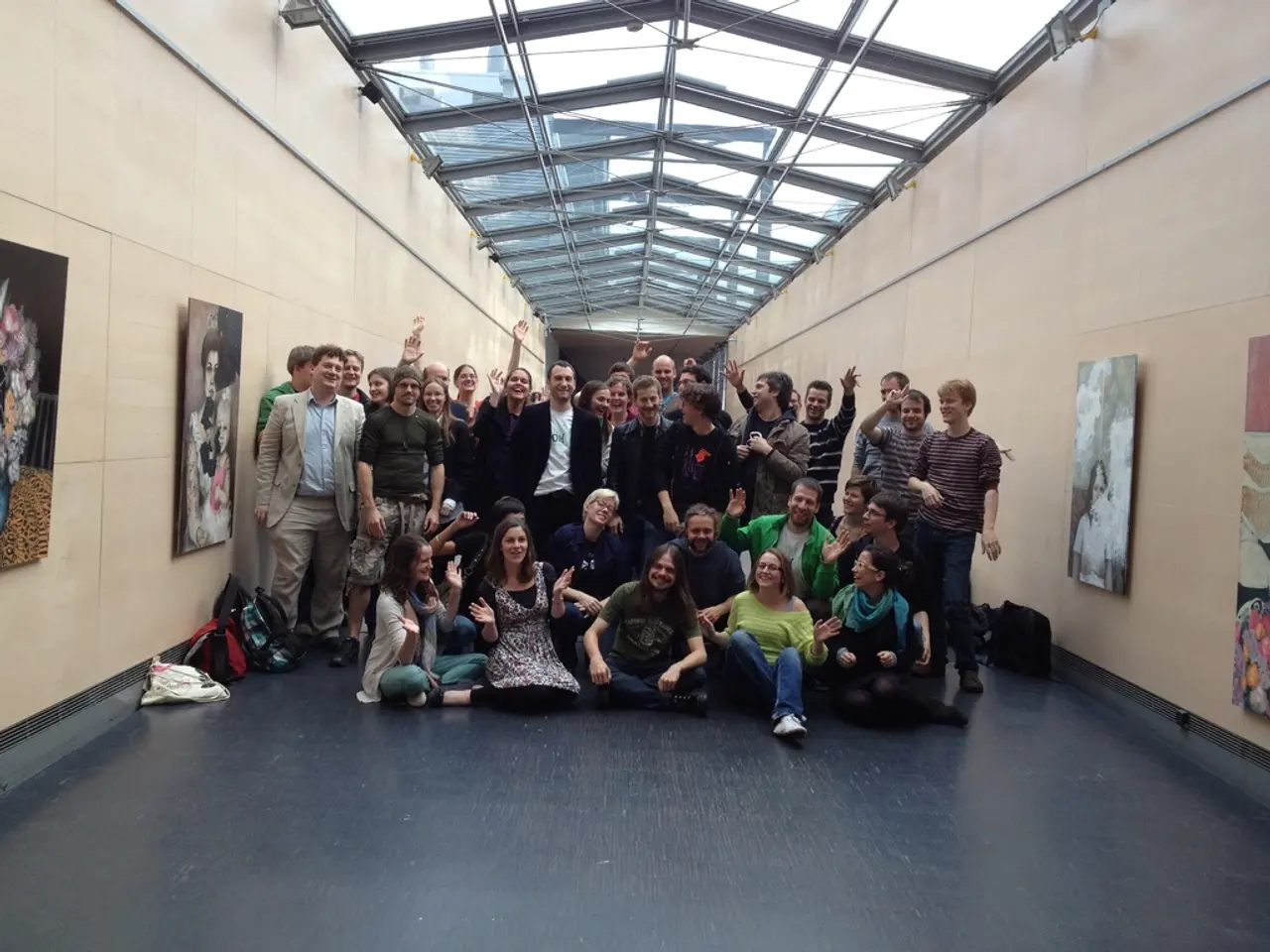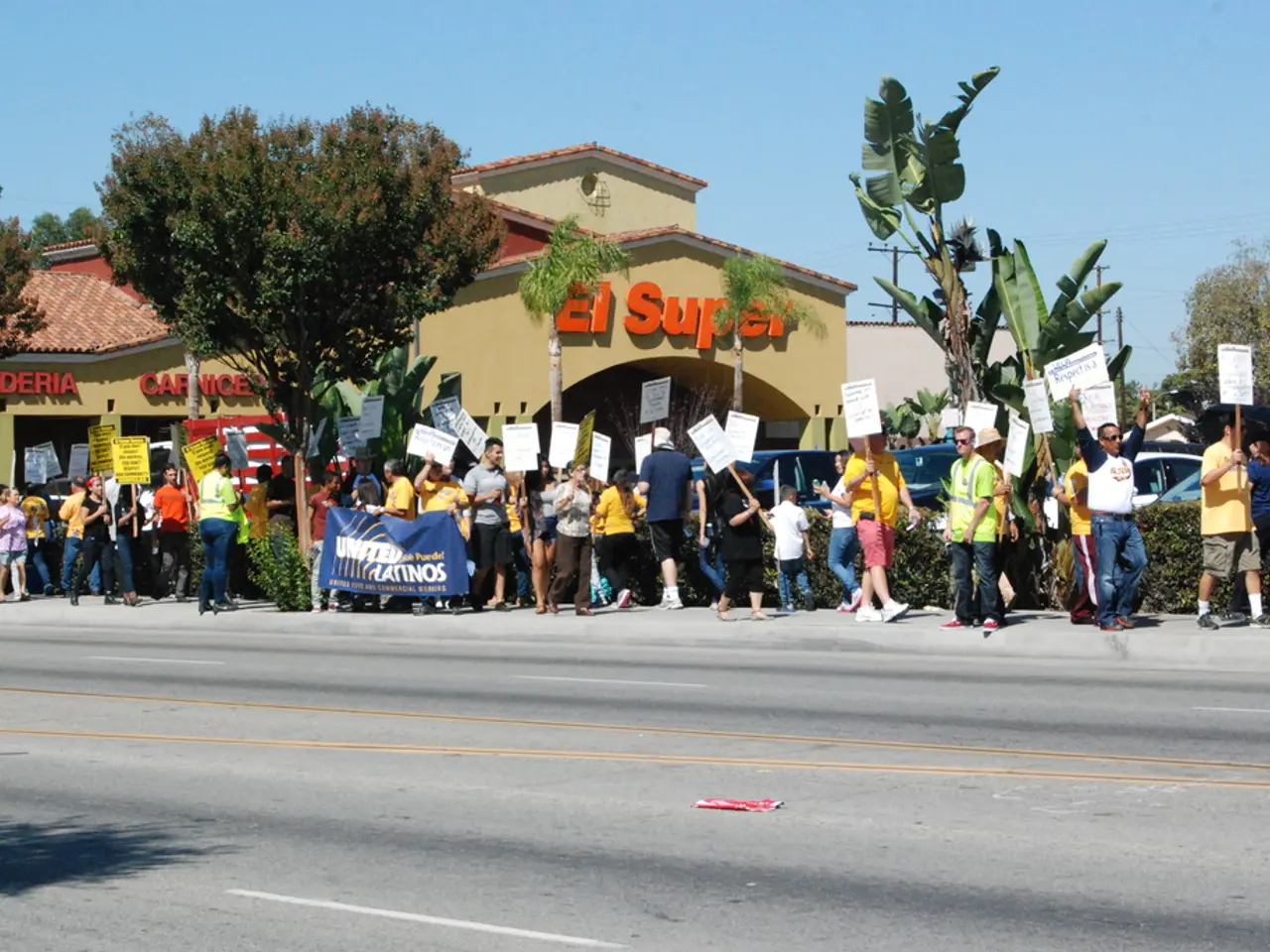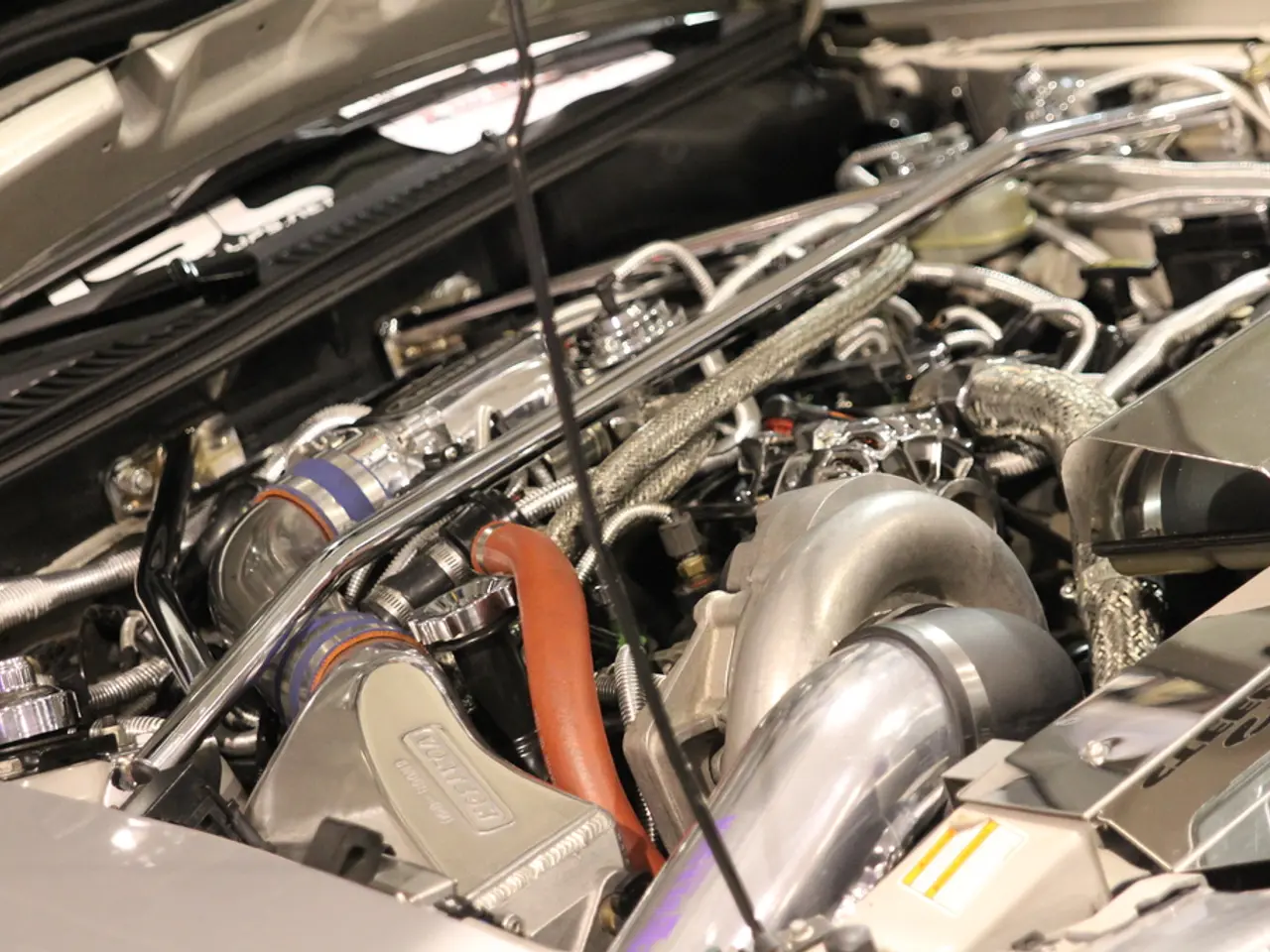"Torment in Inferno": Deported Venezuelans from El Salvador's mega-prison recount harsh mistreatments
In January 2023, El Salvador's Centro de Confinamiento del Terrorismo (CECOT) opened its doors, a facility largely off-limits to outside scrutiny. Over the past few years, it has become the subject of widespread condemnation due to reports of torture, violence, forced disappearances, and inhumane conditions faced by its inmates, particularly Venezuelan migrants.
The Trump administration paid El Salvador $6 million to house these migrants, who were accused of being members of the Tren de Aragua gang. One of these detainees, Carlos Daniel Terán, a 19-year-old Venezuelan, was transferred from an immigration detention center in Texas to CECOT in March 2025.
Terán and two other former detainees have described the violence, denial of adequate food, and inhumane conditions they endured at CECOT. They were rarely let out of their cells, had limited access to food, and had to bathe in water pumped into cement tanks once a day. Books were limited, with Bibles being the only available reading material.
Severe abuses reported by the detainees include beatings with wooden bats, psychological torture such as enforced kneeling for many hours without breaks, sleep deprivation, and threats of violence by gang members likely with tacit guard consent. Some prisoners staged a "blood strike" where they used cell piping clamps to cut themselves and smeared blood on the walls.
Perhaps most disturbingly, sexual assault was also alleged. Andry Hernandez, one of the detainees who was also released, said guards routinely beat prisoners and forced him to perform oral sex on one of the guards.
Noah Bullock, the executive director of Cristosal, a Salvadoran human rights group, stated that the beatings and conditions described by the Venezuelan prisoners qualify as torture. Terán and other Venezuelan detainees were accused of being members of the Venezuelan gang Tren de Aragua, but without evidence of gang affiliation, Terán was among hundreds of Venezuelans sent to El Salvador by the U.S. government under the 1798 Alien Enemies Act.
Terán spent his birthday at CECOT and felt sad due to being unable to contact his family. During the first month in CECOT, the Venezuelan prisoners held a hunger strike that lasted for three days, demanding contact with their relatives and more information about their cases.
In July 2025, a prisoner swap took place, where hundreds of Venezuelan detainees—including some who had been at CECOT—were sent back to Venezuela in exchange for the release of 10 U.S. citizens held as political prisoners. Rights groups emphasize that these detainees were effectively used as bargaining chips, highlighting the violation of their rights by both the U.S. and El Salvador.
International bodies and NGOs are urging accountability for these abuses and condemning the secretive deportations from the U.S. to this harsh Salvadoran facility. The human rights situation of Venezuelan migrants at CECOT remains a pressing concern, with many still fighting for justice and a fair resolution to their cases.
- The general-news and human rights organizations have highlighted the distressing position of Venezuelan migrants in El Salvador's Centro de Confinamiento del Terrorismo (CECOT), alleging severe abuses, including torture and sexual assault, that qualify as inhumane treatment.
- Amidst escalating ESG concerns, the use of detainees as bargaining chips in the prisoner swap between Venezuela and El Salvador has sparked criticisms of politics interfering with human rights, especially in relation to the deportation of Venezuelan migrants to CECOT.
- Defi and credit ratings could be affected as governments and institutions continue to examine the implications of these reported abuses, potential violations of the 1798 Alien Enemies Act, and the overall treatment of vulnerable migrants at CECOT, challenging the integrity of countries involved in these actions.








